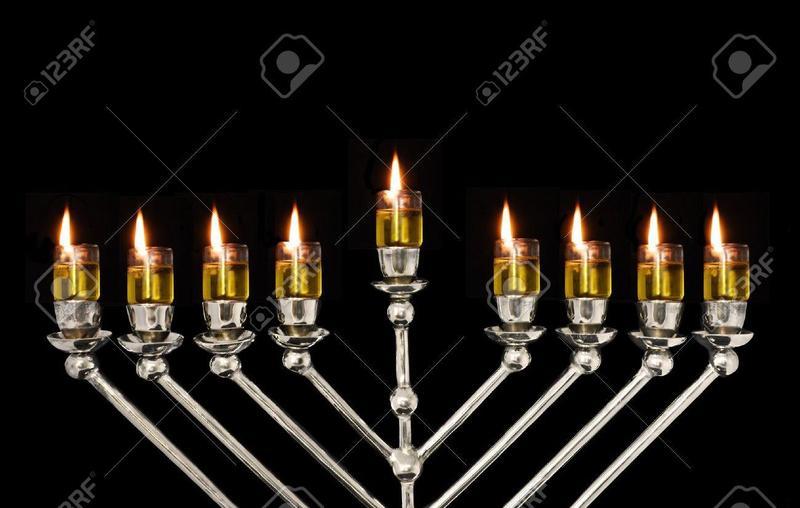Kabbalistic Numerology and the Miracle of Chanukah
Kabbalistic Numerology and the Miracle of Chanukah
There’s a natural order to our beautiful world.
Day follows night. Sunset follows sunrise. In the autumn, the leaves turn to rust. In the spring, we witness revival. Nature flows in a rhythmic cadence. Time presses on.
This is the physical world. And it is represented by the number seven.
Where do we see the number seven? Think about it. There are seven colors in the rainbow. There are seven days of the week. There are seven directions, including the center. There are seven basic music notes.
Seven symbolizes that which has reached completion within the framework of natural law.
When do we feel it?
Whenever we have harnessed the necessary strength and energy to complete and master something, we have achieved a seven.
A runner may feel like a seven when he crosses the finish line. A retiree may feel like a seven upon entering his twilight years. A seven may be the sigh of relief as a medical student finishes final exams. Seven is how I feel after a productive day. Seven represents the earthly masterpieces of our lives.
Then there is eight.
The number eight represents the metaphysical world—the world beyond our primary senses. The world we can’t smell or touch. Eight is one step above the natural order. Our sixth sense, if you will. Our connectivity. Our spirit. Eight is the infinite power of love to overcome what seems impossible. Eight is the experience of transcending an unimaginable feat. Eight is the slice of eternity under the wedding canopy. Interestingly, even the mathematical symbol for infinity looks like the number eight lying on its side. Eight fills our lives with heavenly depth and meaning.
Chanukah lasts eight days. Chanukah commemorates a miracle. Miracles fall under the number eight. They are not natural. They are supernatural.
During the days of old, when Jews suffered under the yoke of the Greek empire, Jews were forbidden to practice their religion openly. With a small band of believers, Judah HaMaccabee led a revolt, taking back his city and freeing his people. In victory, the Maccabees entered the Holy Temple and found a vial of pure olive oil. The oil was used to light the seven-branched menorah, an important part of the Holy Temple rituals. Although there was only enough oil to burn for one day, the oil continued to burn for eight.
The Greeks were an advanced, educated civilization, but one firmly rooted in the world of seven. To them, the world of transcendence was an abomination. Their ultimate goal was to extinguish spirituality. Yet the offspring of Abraham had been selected to take G‑d’s creation and elevate it to a higher level. To connect the world of seven to the world of eight.
The Greeks could only subtract eight from seven; they couldn’t add it. But we are here and they are not.
On Their goal was to extinguish spiritualityChanukah we celebrate the merging of seven and eight, the melding of worldly oil with otherworldly luminance. We affirm our survival as a nation, proclaiming that a culture that thrives only in the world of seven, that severs itself from the divine, is no longer consequential.
“Zot Chanukah,” the eighth and final day of this festival, means “this is Chanukah.” On this day, the integration of seven and eight reaches its peak. It is the ultimate opportunity to join the profound with the everyday. To rejoice in the art of living within the laws of nature while being sustained by the One above.
Chanukah is a time to reflect on how we can best synthesize seven and eight in our own lives. How do we combine determination with faith? How do we mesh ambition with vision? How do we focus on the here and now while yearning for eternity? The fusion of these two numbers can create powerful moments and miracles in our own life stories.
by Karen Wolfers-Rapaport
Be the first to post a message!
